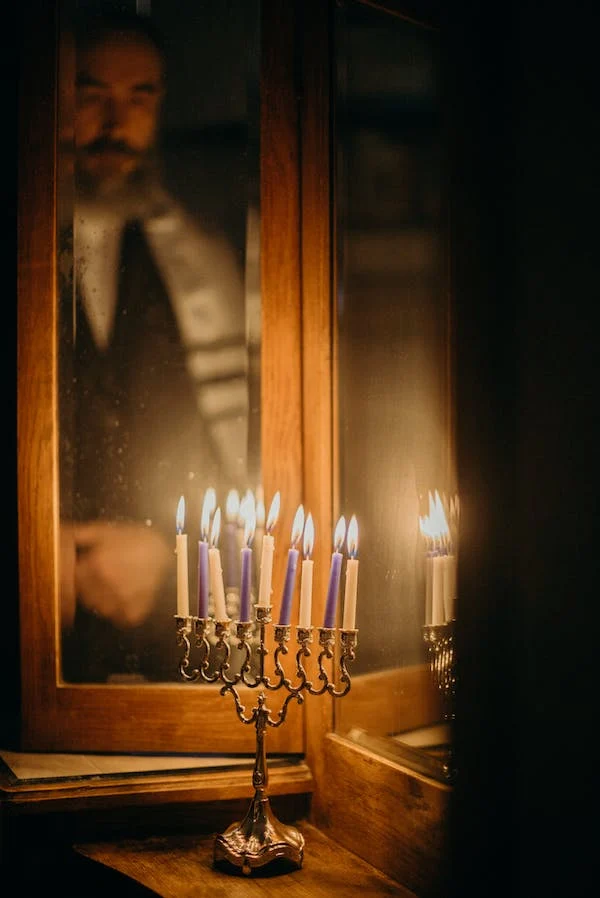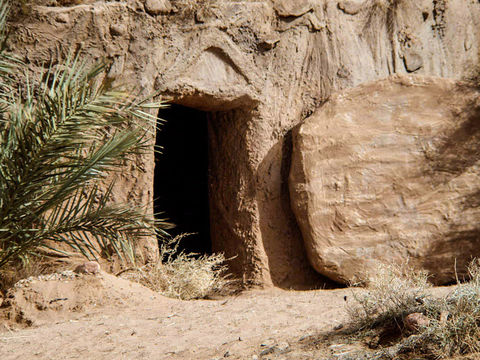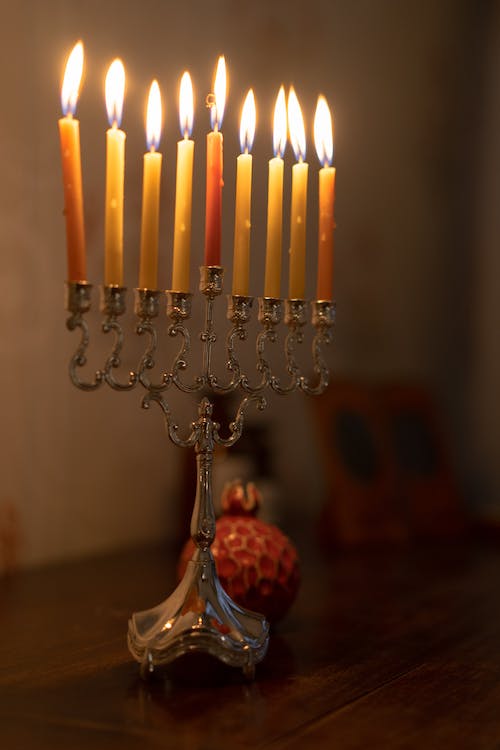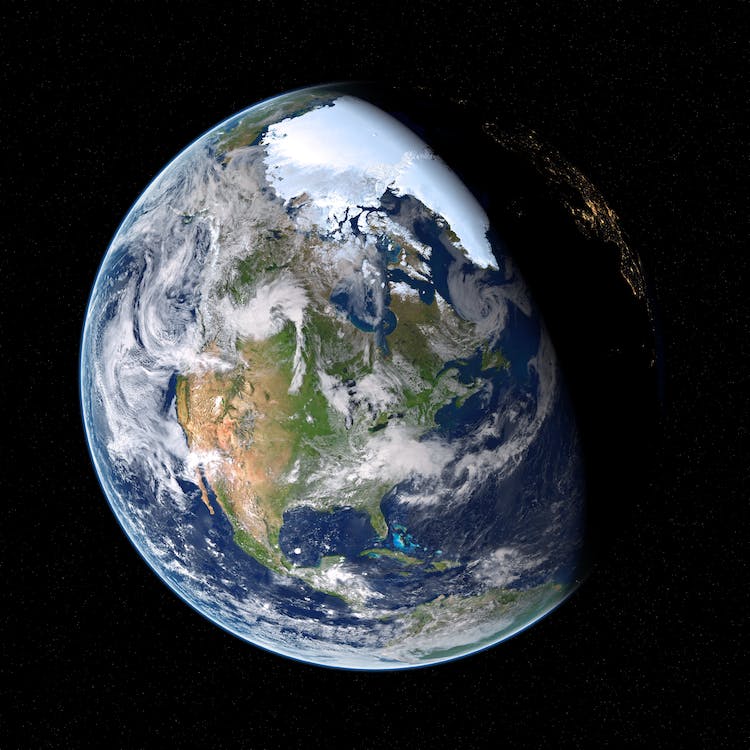Tabernacles and Hanukkah
It is no coincidence that Yeshua (Jesus) was at the Feast of Hanukkah walking in the temple in Solomon’s porch since at the respective feasts, Yeshua demonstrated how they spoke of Him. A couple of months before Hanukkah, at the Feast of Tabernacles, where and when there was a great water ceremony, He declared, “If anyone thirsts, let him come to me and drink. He who believes in Me, as the Scripture has said, out of his heart will flow rivers of living water” (John 7:37-38; cf. Isaiah 12:3). Similarly, when giant menorahs lit Jerusalem in the temple courts, He proclaimed, “I am the light of the world” (John 8:12). Shortly afterwards He gave sight to a blind man and stated the same “As long as I am in the world, I am the light of the world” (John 9:3).
The similarities between Tabernacles and Hanukkah are obvious concerning the menorah and the eight days of celebration, but if we cast our minds back to the original Hanukkah we see why. The Feast of Tabernacles was delayed because of Antiochus Epiphanes suppression of Jerusalem until the Maccabees revolted, cleansed the temple and celebrated.
“They celebrated it for eight days with rejoicing, in the manner of the festival of booths, remembering how not long before, during the festival of booths, they had been wandering in the mountains and caves like wild animals. Therefore carrying ivy wreathed wands and beautiful branches and also fronds made of palm, they offered hymns of thanksgiving to him who had given success to the purifying of his holy place. They decreed by public edict, ratified by vote, that the whole nation of the Jews should observe these days every year” (2 Maccabees 10:6-8).
Solomon’s Porch
Remember that Jesus was in the temple at Solomon’s porch at the Feast of Dedication. Although David desired to build a temple for the Lord he had shed too much blood so Solomon would undertake that task. The Lord made a covenant with David in 2 Samuel 7:12-16.
“When your days are fulfilled and you rest with your fathers, I will set up your seed after you, who will come from your body, and I will establish his kingdom. 13 He shall build a house for My name, and I will establish the throne of his kingdom forever. 14 I will be his Father, and he shall be My son. If he commits iniquity, I will chasten him with the rod of men and with the blows of the sons of men. 15 But My mercy shall not depart from him, as I took it from Saul, whom I removed from before you. 16 And your house and your kingdom shall be established forever before you. Your throne shall be established forever.” ’ ”
Clearly Solomon was the one who was initially in view and who would build the temple, but a greater Son of David would establish an everlasting kingdom. The first verse of the Brit Hadasha (New Covenant), tells us that Jesus the Messiah was the Son of David (Matthew 1:1). How fitting and appropriate it was that a discussion arose in that place and at that time concerning whether He was the Messiah.
Messiah’s Works
In response to the challenge as to whether He was the Messiah, Jesus appealed to His works that He had undertaken in His Father’s name that bore witness of Him. Even John the Baptist who was the forerunner proclaiming that Jesus was the Messiah and “the lamb of God who takes away the sin of the world,” at one point, doubted. To reassure John in Matthew 11:4-5, Jesus quoted Isaiah 35-5-6 concerning Himself, “The blind see and the lame walk; the lepers are cleansed and the deaf hear; the dead are raised up and the poor have the gospel preached to them” (Matthew 11:5; cf. Isaiah 35:5-6). Remember Yeshua healed a blind man at the Feast of Tabernacles and proclaimed that He is the light of the world (John 9:5).
Messiah is the Good Shepherd
He then continued that if they did not believe, that was because they were not one of the sheep. Psalm 23 is a favourite psalm to many and opens with, “The Lord is my shepherd”. A few months earlier in the preceding verses of John 10 at Tabernacles, Yeshua gave a discourse explaining that He was the good shepherd and the door of the sheep and that if anyone enters by Him they would be saved. There was a mixed response. Some said that He had a demon and was mad and asked, why do you listen to Him? Others responded that He did not speak the words of a demon since how could a demon open the eyes of the blind? In the second half of John 10, Yeshua continued with His teaching as Himself as the good shepherd.
The sheep would recognise His voice, know Him and follow Him. He offered them the assurance of eternal life through Him and none could be snatched from His Father’s hand. He made an emphatic statement saying, “I and My Father are one.”
A few questions then remain. Do you believe that Yeshua is the light of the world? If He is the door then have you entered in by faith so that you are saved?[i]If He is the good shepherd, have you heard His voice and trusted Him?[ii]If He is the Son of God, do you believe that what He said is true and are you following Him and have you received everlasting life?[iii]
[i] Warren W. Wiersbe The Wiersbe Bible Commentary The Complete New Testament in One Volume (David C. Cook, 2007; Colorado Springs), p257
[ii] Ibid, p257
[iii] Ibid, p257



